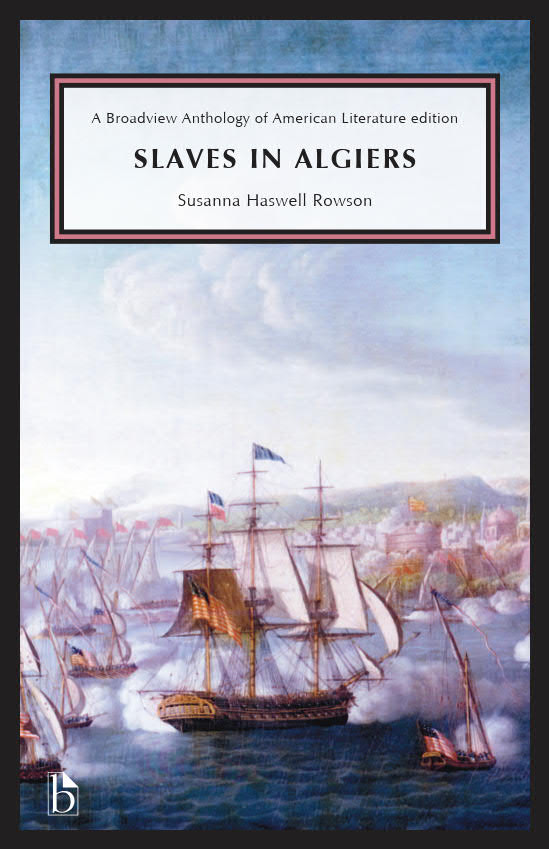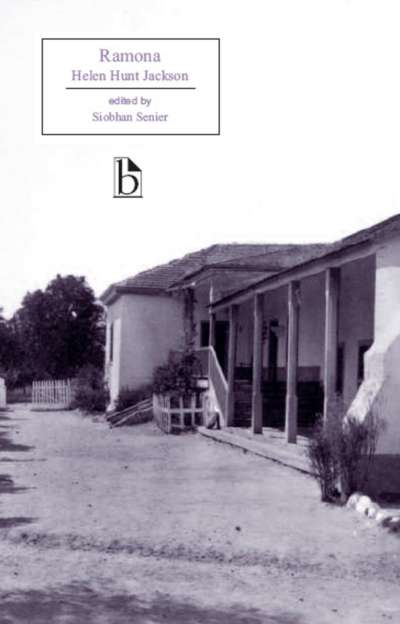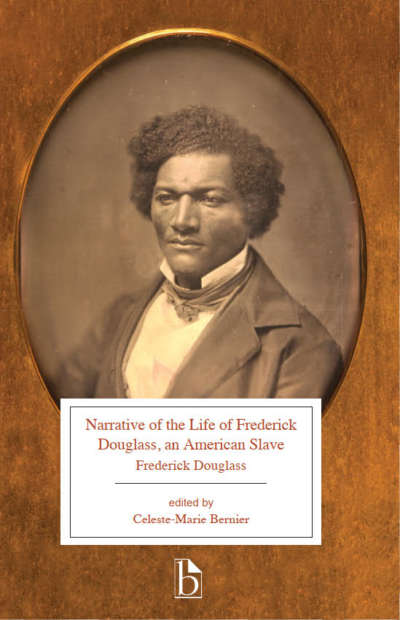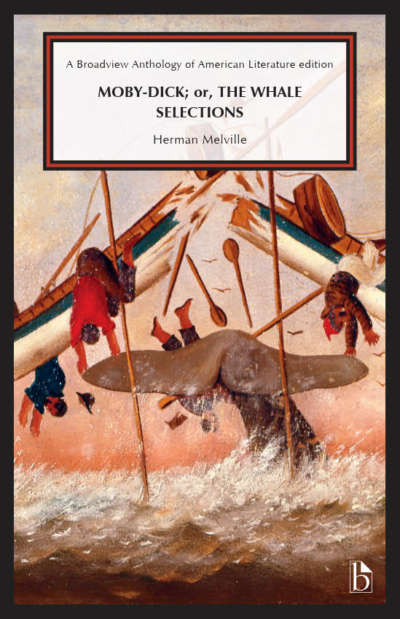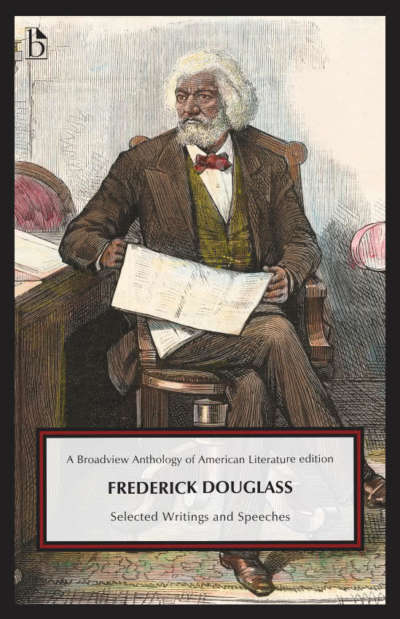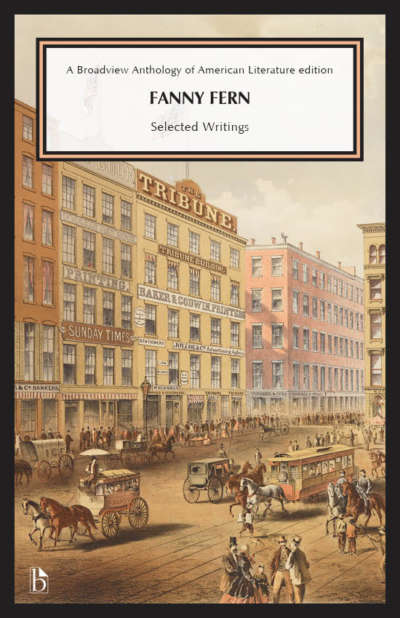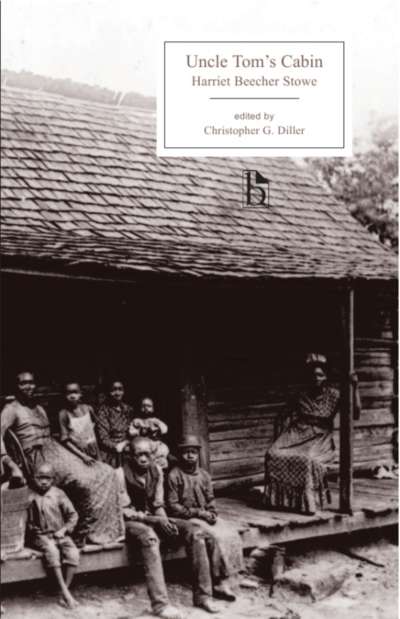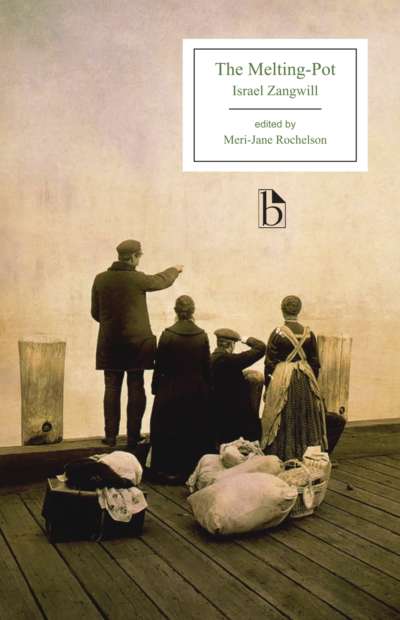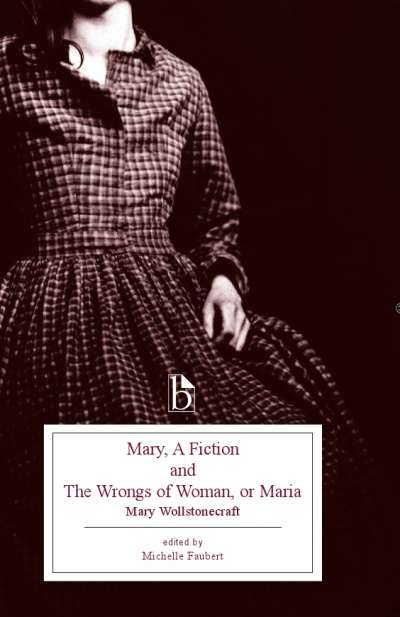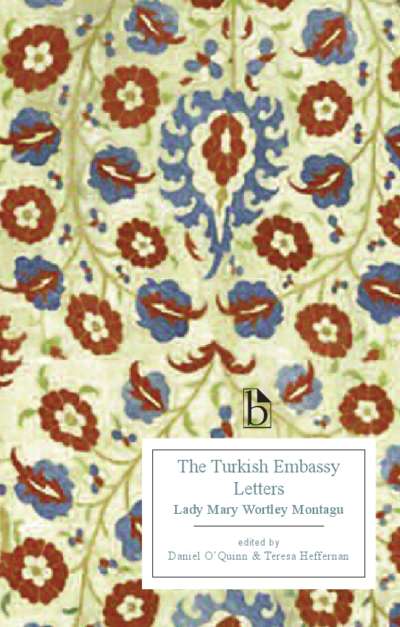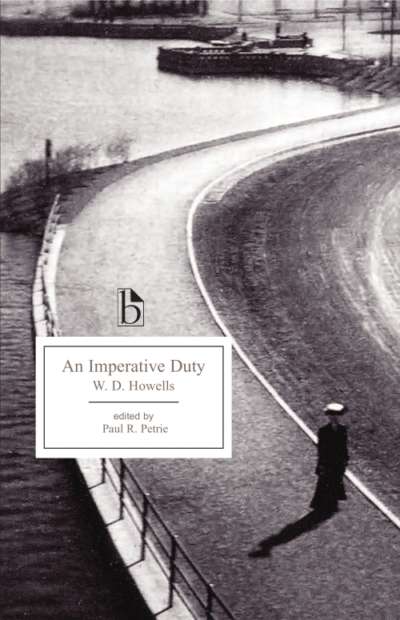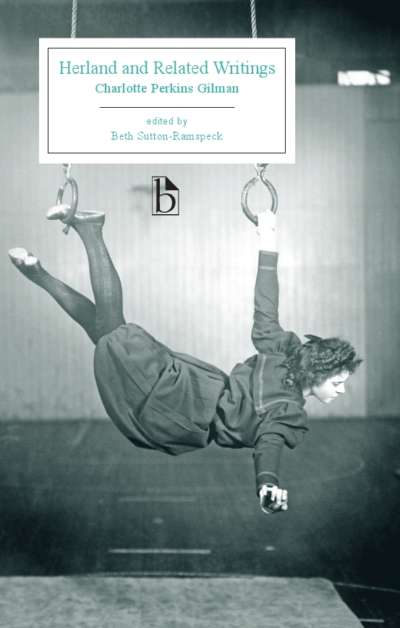
As Americans began defining who was to be counted a citizen in their newly-established republic, Susanna Rowson’s comic opera Slaves in Algiers (1794) makes an earnest case that women be accorded the rights guaranteed to men, playfully turning sexual hierarchies on their head: “Women were born for universal sway; / Men to adore, be silent, and obey.” A fast-paced plot, engaging characterization, and rollicking songs ensured that Slaves in Algiers garnered success when it was first performed at the New Theater in Philadelphia. But Rowson’s play also engages in perpetuating racial stereotypes: set in Algiers at a time when Barbary pirates were seizing more and more U.S. ships in the Mediterranean Sea, Slaves in Algiers is written for a largely white audience driven by outrage at the enslavement of white people in the Barbary states. The play is critical of many aspects of North African cultures, particularly the practices of piracy and enslavement, while not acknowledging the moral and ethical taint of America’s own enslavement of African Americans. In recent years, critics have given increased attention to Slaves in Algiers, particularly to its interwoven feminist, nationalist, and imperialist themes, as well as to its treatment of Muslim and Jewish characters.
This volume is one of a number of editions that have been drawn from the pages of the acclaimed Broadview Anthology of American Literature. The series is designed to make selections from the anthology available in a format convenient for use in a wide variety of contexts; each edition features an introduction and exaplanatory footnotes, and is designed to meet the needs of today’s students.
Comments
Comments on The Broadview Anthology of American Literature
“The expansion, diversification, and revitalization of the texts and terms of American literary history in recent years is made marvelously accessible in the … new Broadview Anthology of American Literature.” — Hester Blum, Penn State University
“The Broadview Anthology of American Literature is, quite simply, a breakthrough. … Meticulously researched and expertly assembled, this anthology should be the new gold standard for scholars and teachers alike.” — Michael D’Alessandro, Duke University
“So much thought has been put into every aspect of the Broadview Anthology of American Literature, from the selection of texts to their organization to their presentation on the page; it will be a gift to classrooms for years to come.” — Lara Langer Cohen, Swarthmore College
“The multiplicity of early American locations, languages, and genres is here on wondrous display.” — Jordan Alexander Stein, Fordham University
“Above all, this is a volume for the 21st century. … Its capaciousness and ample resource materials make for a text that is always evolving and meeting its readers in new ways.” — Russ Castronovo, University of Wisconsin-Madison
“a rich collection that reflects the diversity of American literatures…. [and] that never forgets its most important audience: students. There is a wealth of material here that will help them imagine and reimagine what American literature could be.” — Michael C. Cohen, UCLA
“The Broadview Anthology of American Literature is an instructor’s dream for introducing students to the diversity and complexity of American literature.” — Venetria K. Patton, University of Illinois, Urbana-Champaign
“I am eager to teach with this anthology! It aligns with cutting-edge research through its selections, its introductions, and explanatory notes, and the texts are supplemented with primary documents that encourage teachers and students to think critically and dynamically.” — Koritha Mitchell, The Ohio State University

